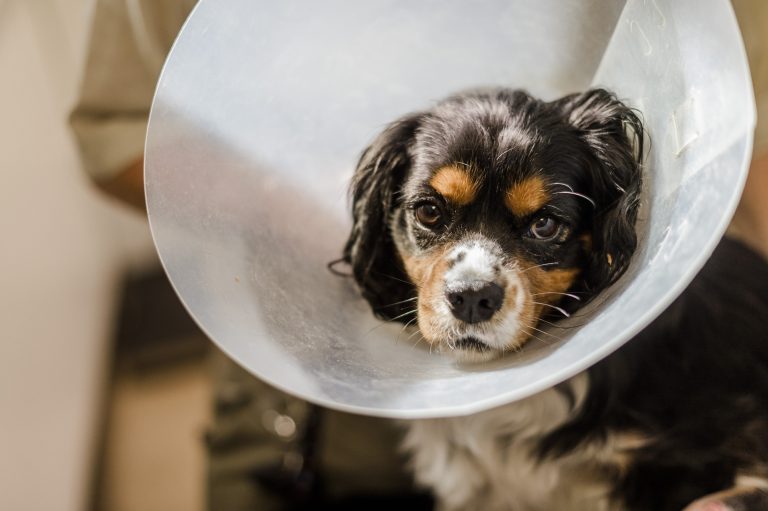Can Dogs Eat Chocolate?
Introduction
When it comes to feeding our furry friends, it’s essential to be cautious about their diet. While some human foods can be shared with dogs, others can be harmful and even toxic. One such food that raises concern among dog owners is chocolate. As delicious as chocolate may be for us, it poses significant health risks for dogs. In this article, we will explore why dogs should not consume chocolate and what actions you should take if your dog accidentally ingests it.
Why Is Chocolate Harmful to Dogs?
Chocolate contains a compound called theobromine, which is toxic to dogs. Theobromine belongs to a class of stimulants called methylxanthines, which affect the central nervous system and cardiovascular system of dogs. While humans can metabolize theobromine effectively, dogs process it much more slowly, leading to an accumulation of theobromine in their bodies.
The Toxic Component: Theobromine
Theobromine acts as a diuretic, cardiac stimulant, and smooth muscle relaxant in dogs. When dogs consume chocolate, theobromine binds to adenosine receptors in their body, blocking the normal function of these receptors. This can result in various symptoms and, in severe cases, can even be life-threatening.
Symptoms of Chocolate Toxicity in Dogs
The symptoms of chocolate toxicity in dogs can vary depending on the type and amount of chocolate consumed, as well as the size and sensitivity of the dog. Common symptoms include increased heart rate, restlessness, vomiting, diarrhea, muscle tremors, excessive panting, and in severe cases, seizures and abnormal heart rhythms.
Immediate Actions to Take if Your Dog Consumes Chocolate
If you suspect or witness your dog consuming chocolate, it is crucial to take immediate action. Contact your veterinarian or an emergency animal hospital for guidance. They may ask you about the type of chocolate, the quantity ingested, and the weight of your dog. Based on this information, they will provide specific instructions tailored to your dog’s situation.
Factors Affecting Chocolate Toxicity
Several factors influence the severity of chocolate toxicity in dogs. These factors include the type of chocolate (dark chocolate, milk chocolate, or cocoa powder), the amount consumed, the size and weight of the dog, and their individual sensitivity to theobromine. Smaller dogs are generally more susceptible to the toxic effects of chocolate.
Preventing Chocolate Consumption in Dogs
Prevention is key when it comes to keeping your dog safe from chocolate toxicity. Here are some measures you can take:
- Store chocolate and chocolate-containing products securely in closed cabinets or containers that are inaccessible to your dog.
- Educate family members and visitors about the dangers of feeding chocolate to dogs.
- Be cautious during holidays or special occasions when chocolate is abundant in the household.
- Consider alternative treats and snacks that are specifically made for dogs.
Safe Alternatives for Dogs
While dogs should not consume chocolate, there are safe alternatives that you can offer them as treats. Some dog-friendly options include:
- Carob: Carob is a safe substitute for chocolate and is often used in dog treats and baked goods. It has a similar taste but lacks theobromine.
- Dog-friendly treats: There are numerous treats available in pet stores that are specifically formulated for dogs, ensuring they are safe and enjoyable for your furry friend.
- Fruits and vegetables: Many fruits and vegetables are safe for dogs and can be given as occasional treats. However, always research which ones are suitable for dogs and avoid toxic ones like grapes and onions.
Conclusion
In conclusion, dogs should never consume chocolate due to its toxic effects caused by theobromine. As responsible dog owners, it is our duty to keep our pets safe by preventing their access to chocolate and promptly seeking veterinary assistance if an accidental ingestion occurs. By being vigilant and offering safe alternatives, we can ensure the well-being and happiness of our beloved canine companions.







